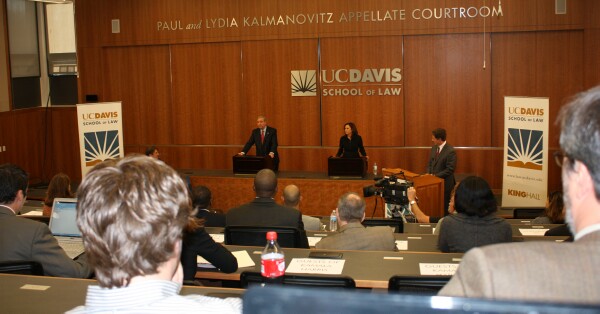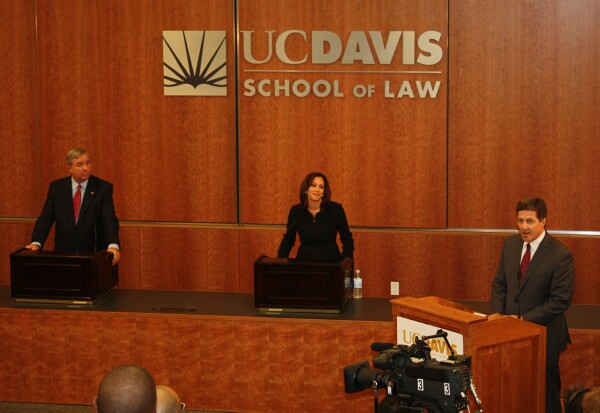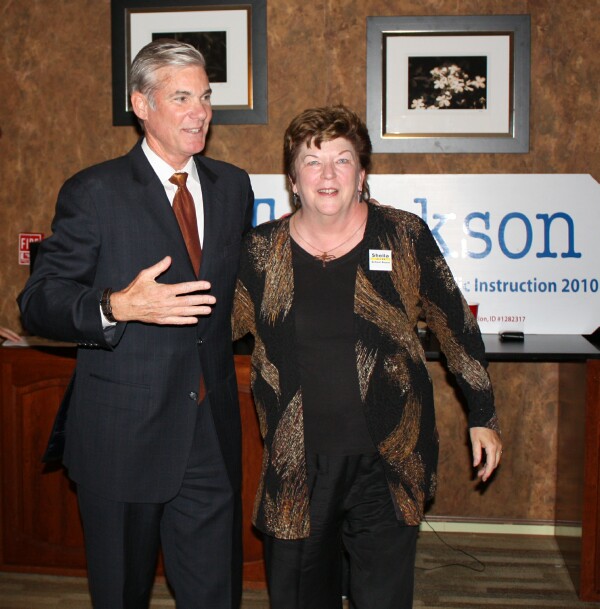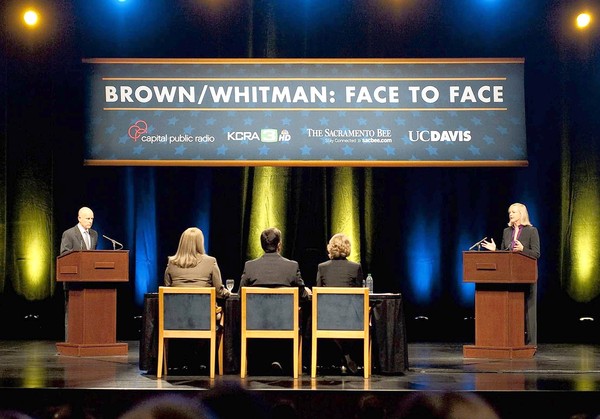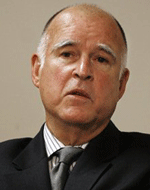No Basis For Challenging California’s Proposition 19
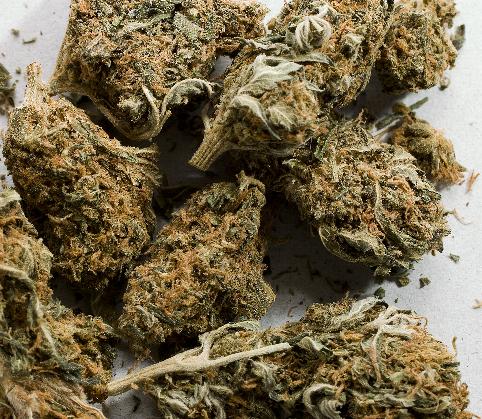 US Attorney General Eric Holder and and Gil Kerlikowske, Director of the Office of National Drug Control Policy (ONDCP), have inserted themselves into the debate on Prop 19, arguing that they would not only enforce marijuana laws in California but that the Department of Justice would sue to overturn Proposition 19 should it be approved next month by California voters.
US Attorney General Eric Holder and and Gil Kerlikowske, Director of the Office of National Drug Control Policy (ONDCP), have inserted themselves into the debate on Prop 19, arguing that they would not only enforce marijuana laws in California but that the Department of Justice would sue to overturn Proposition 19 should it be approved next month by California voters.
It was a move inspired by the possibility that the measure would pass, although recent polls now show it modestly behind as the election next week rapidly approaches.

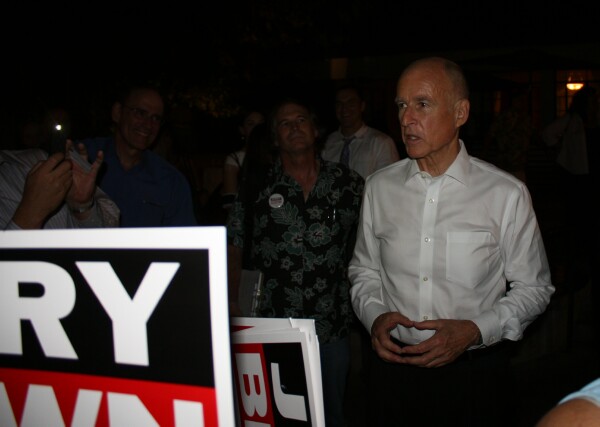 The Associated Press this morning is reporting on the latest Public Policy Institute of California polling on the California’s Governor’s race. The PPIC poll, released late yesterday, shows that former Governor Brown now holds an 8-point lead over Meg Whitman, 44 percent to her 36 percent among likely voters.
The Associated Press this morning is reporting on the latest Public Policy Institute of California polling on the California’s Governor’s race. The PPIC poll, released late yesterday, shows that former Governor Brown now holds an 8-point lead over Meg Whitman, 44 percent to her 36 percent among likely voters.
 The other week Tom Torlakson, who is running for State Superintendent of Public Instruction, really had some thoughtful things to say about education. One the things he said that stuck in my mind had to do with teachers.
The other week Tom Torlakson, who is running for State Superintendent of Public Instruction, really had some thoughtful things to say about education. One the things he said that stuck in my mind had to do with teachers.
 It was not Jerry Brown’s finest moment of the campaign or in the debate, but it is the moment that everyone is talking about, even though it will not do a thing to fix the problems of California.
It was not Jerry Brown’s finest moment of the campaign or in the debate, but it is the moment that everyone is talking about, even though it will not do a thing to fix the problems of California.
